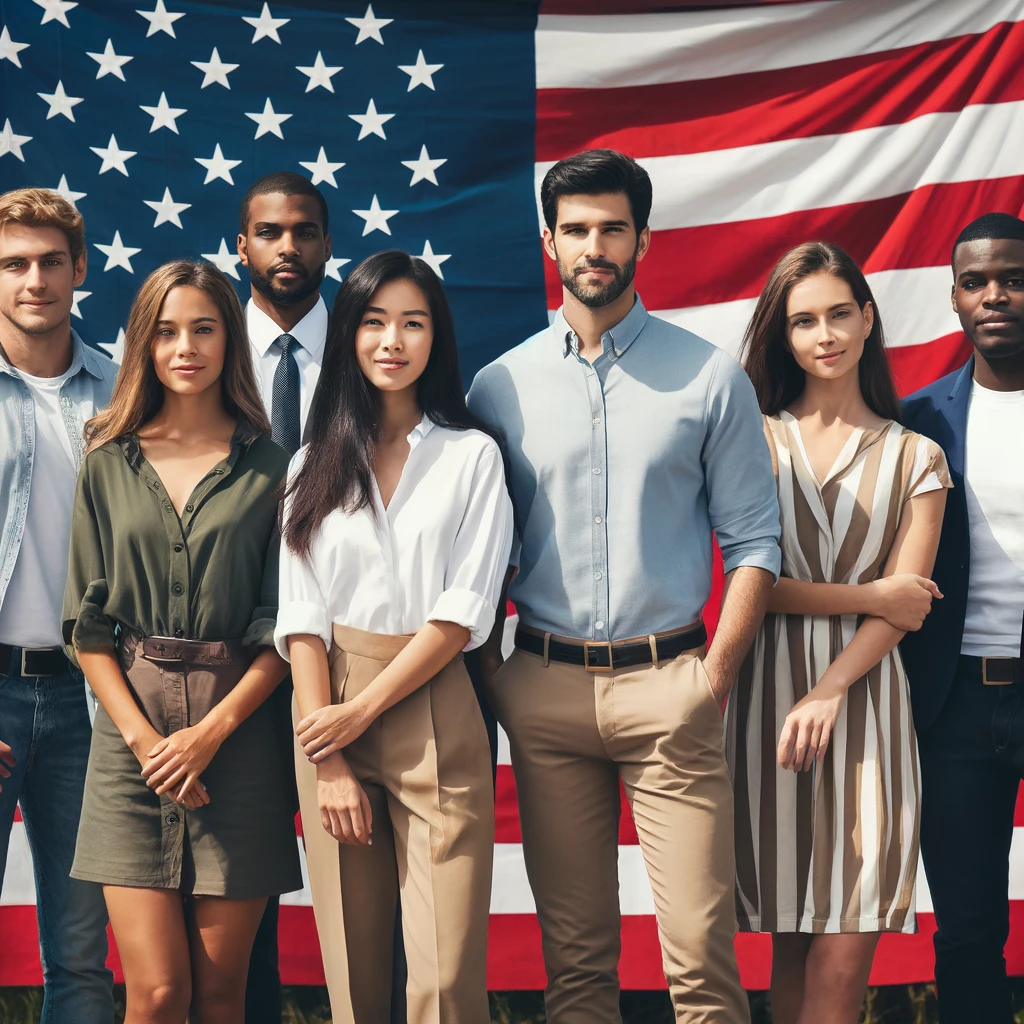
The performance of our active-duty military, national guard, and reserves was commendable during the wars in Iraq and Afghanistan. These young men and women continue providing exemplary service to our country. The public has rallied behind them to support them and to thank them for their efforts. This old Vietnam veteran is thrilled to see the public response to our young service people.
There is one thing that concerns me though. The ranks of our armed forces continue to be drawn from an ever-smaller percentage of our population. I cannot adequately express how proud I am of the young people who have chosen to voluntarily serve our country. Unfortunately, these patriotic young people do not represent our population as a whole and recruiting goals frequently are unmet. One of the few exceptions is the Marine Corps, in which most of you know I proudly served. But it is small and has high Esprit de Corps and appeals to those looking for a challenge.
Personally, I feel it was the greatest privilege of my life to serve as a member of our Armed Services and protect our country and our way of life. I firmly believe those who now serve share this conviction.
However, most of our citizens now are not directly impacted either by personal military service, other types of public service, or by the service of family members. I would like to see the benefits of public service extended to all members of our population, even those for whom military service may not be appropriate.
Perhaps we should consider a program of universal national service. Such a program might begin with a two-year national service obligation that would begin at age 18 but could be delayed for education or other appropriate reasons.
Universal national service could include not only the military, but also such existing programs as the Peace Corps and AmeriCorps/Vista. We might also consider bringing back older programs such as the Civilian Conservation Corps to work on infrastructure. There could be options for service in teaching, law enforcement, firefighting, or emergency medical services. This type of public service could not only help fill nation-wide shortages but could also lead to long-term careers in these fields as well. Delay of service obligations could be available for those in training to serve as military officers, or in training to be teachers or in medical fields that require advanced education and who agree to work in underserved areas following completion of their training.
I don’t pretend to know the details of putting such a program in place. I’m sure it would be very complex and expensive to initiate. But I think there would be many benefits ranging from reduced unemployment to job training to education. But most importantly it would enhance a sense of pride in being Americans, give personal satisfaction in improving the lives of our fellow citizens and strength our of our sense of community. All of this while contributing to the common good.
There’s an old saying, “Freedom is not free”. We now have only a small part of our population that pays the price of freedom for the rest of us. We owe them a debt that cannot be repaid. Isn’t time for everyone to help share the burden and enjoy the pride of protecting and maintaining our freedom, keeping our nation strong and providing for those who need our help?
And that is my grumpy opinion.

Leigh Shepherd
I have said for a while that the draft produced some of our best math and science teachers. By fulfilling their obligation in ways other than by military service we get a win win.